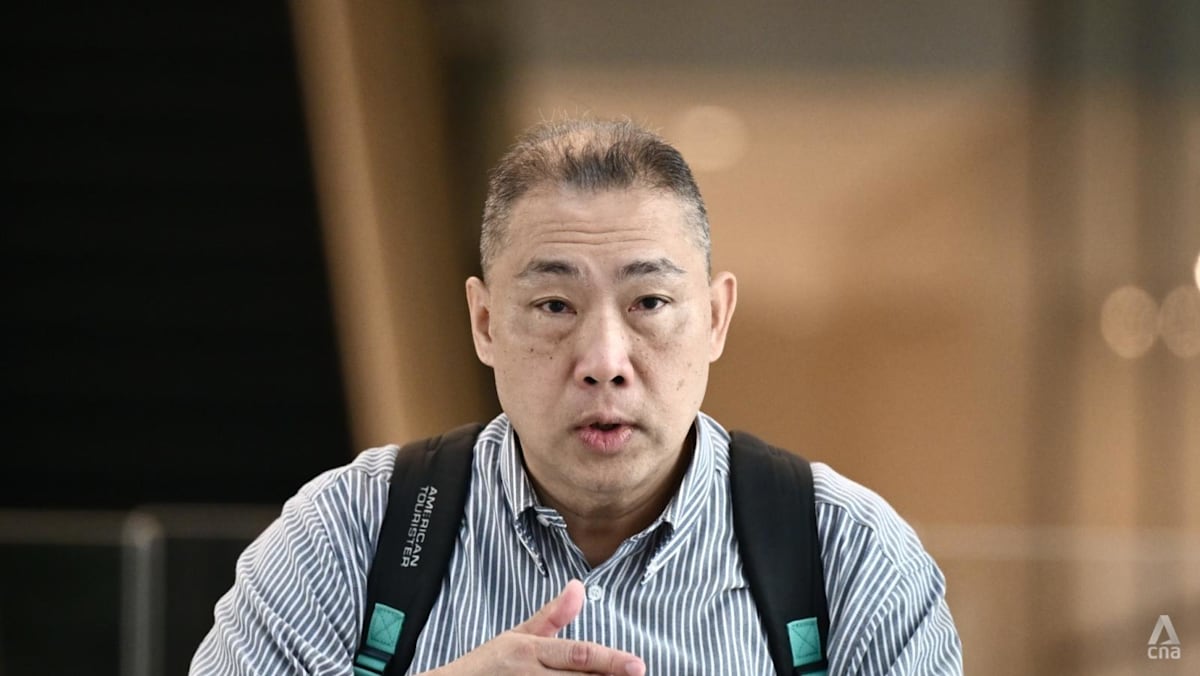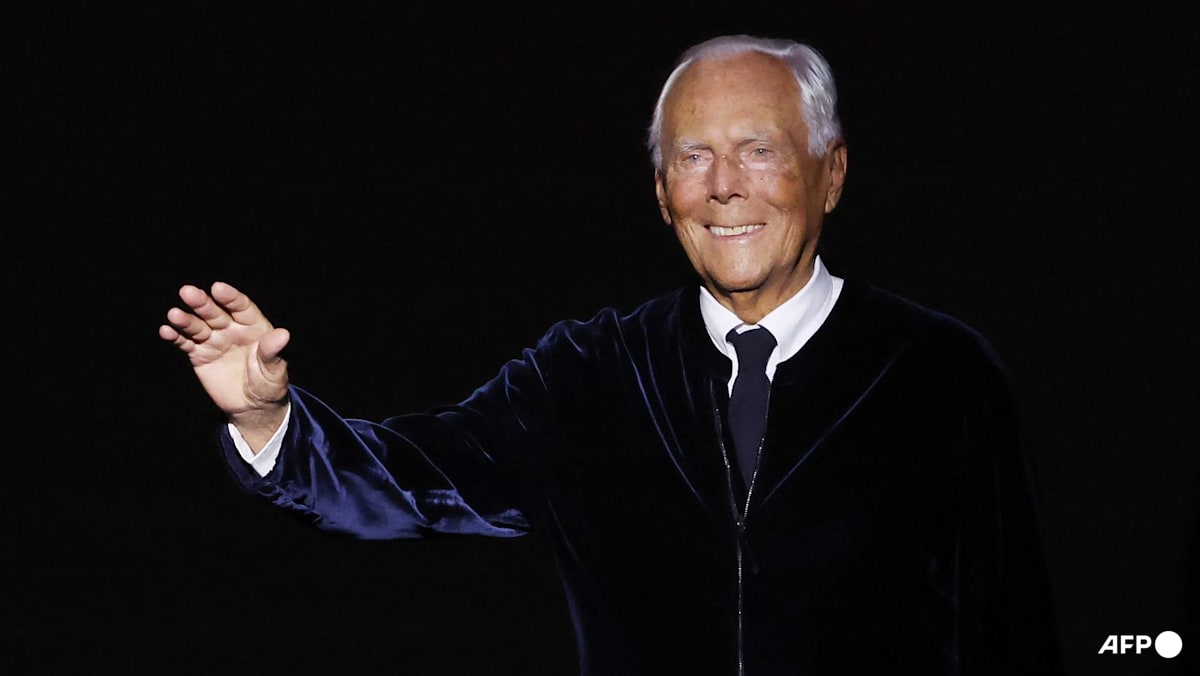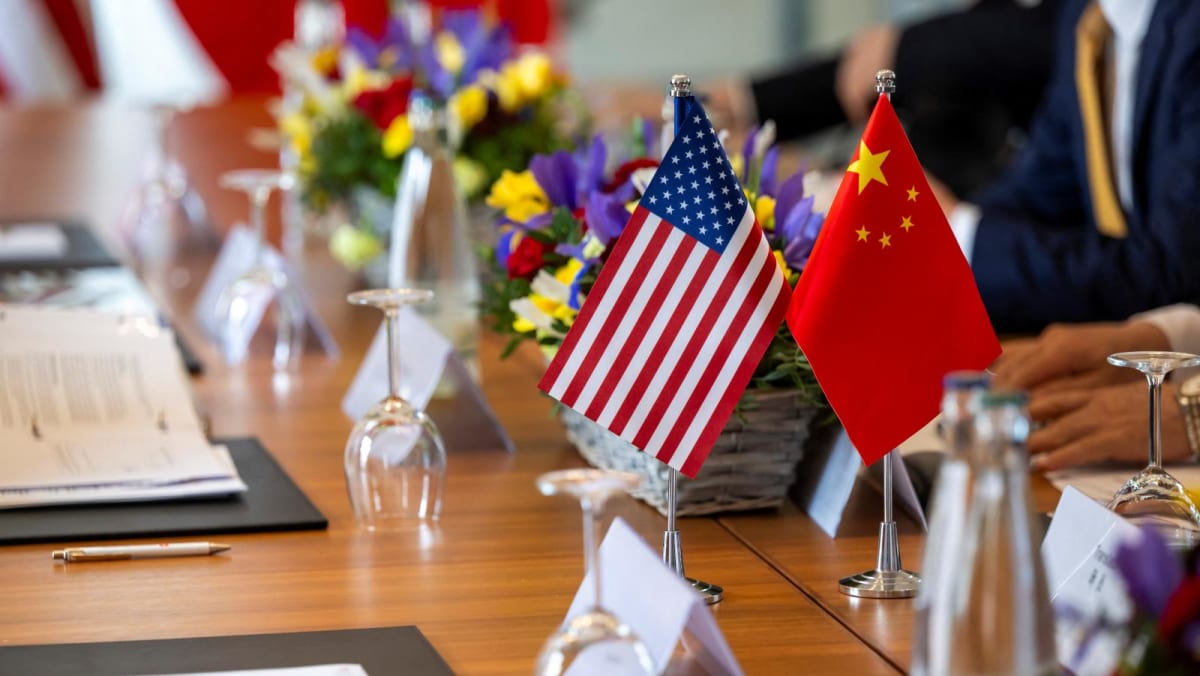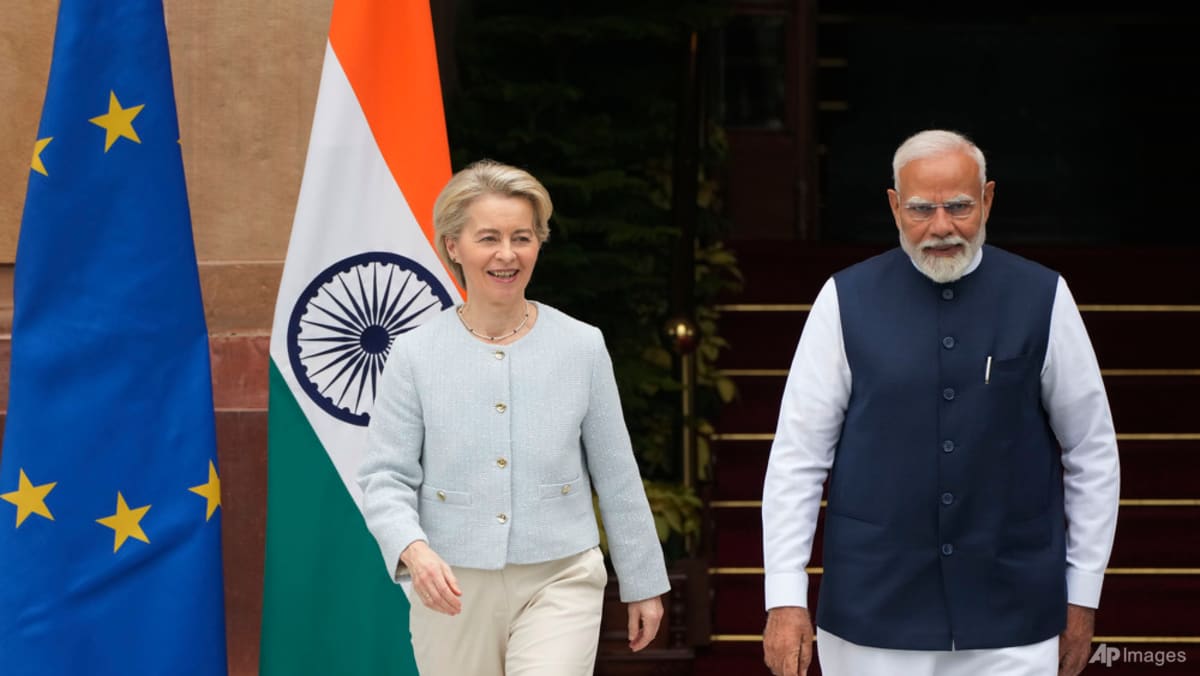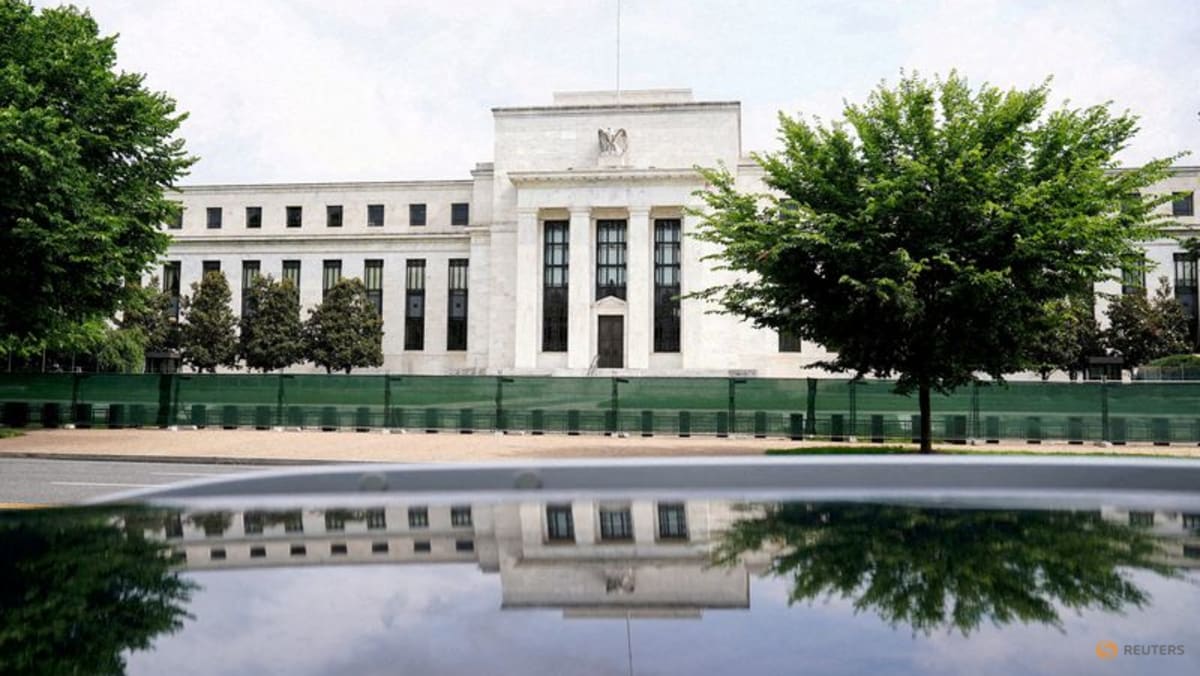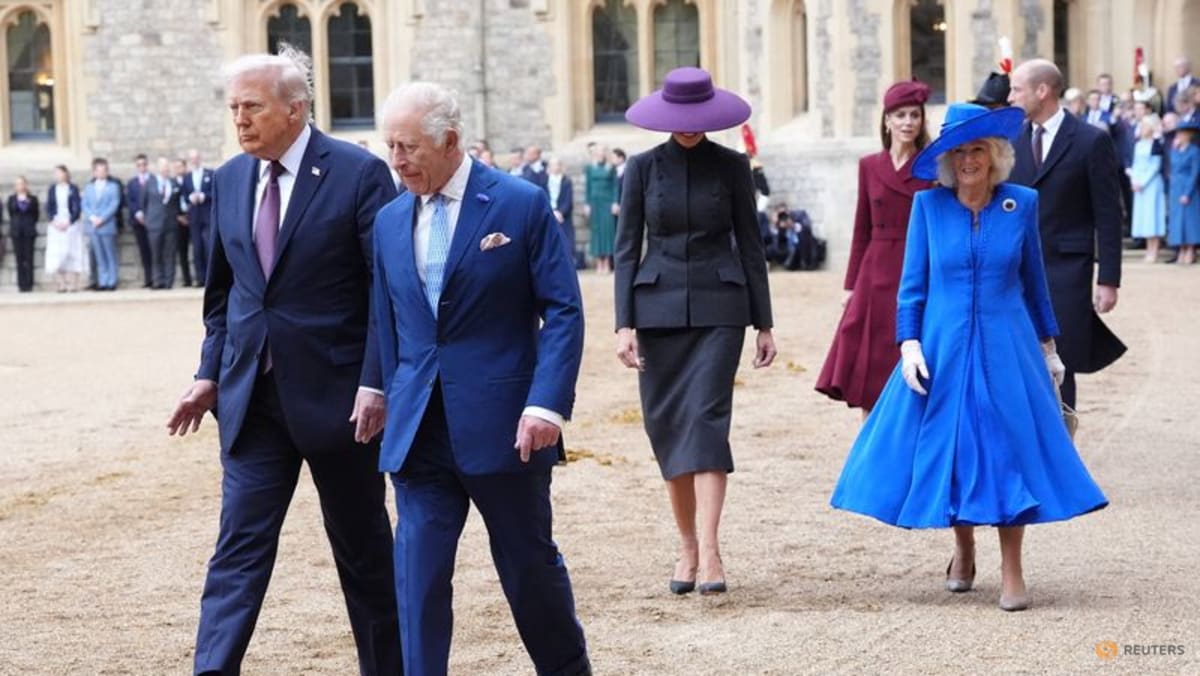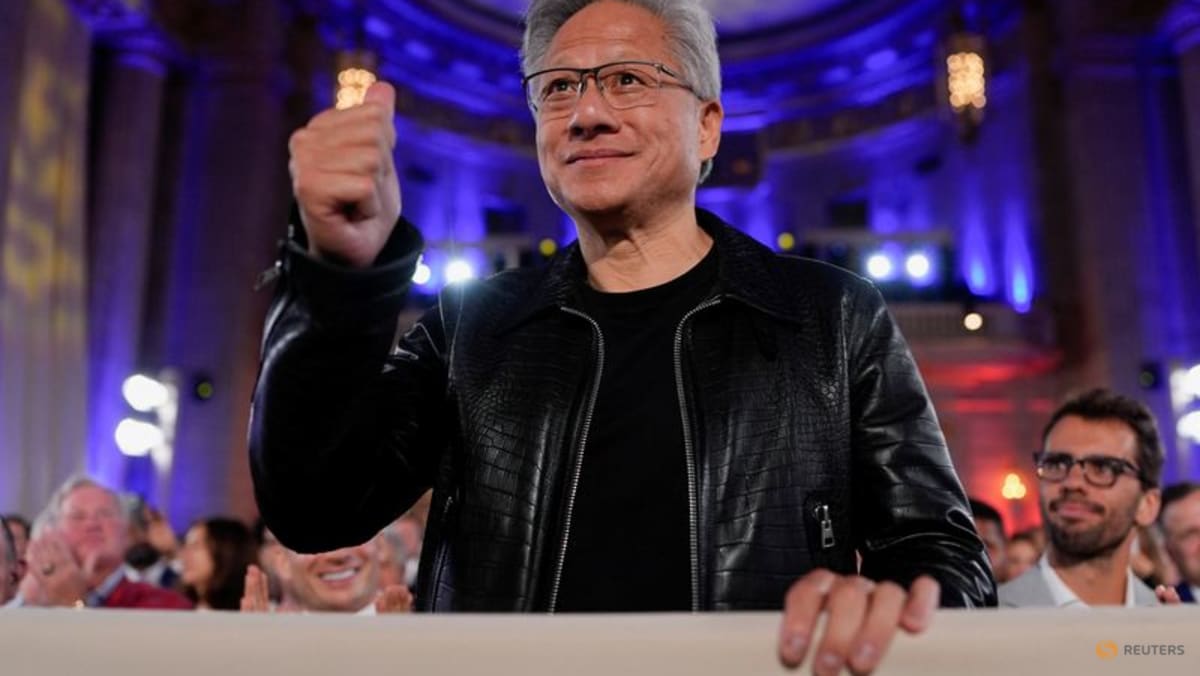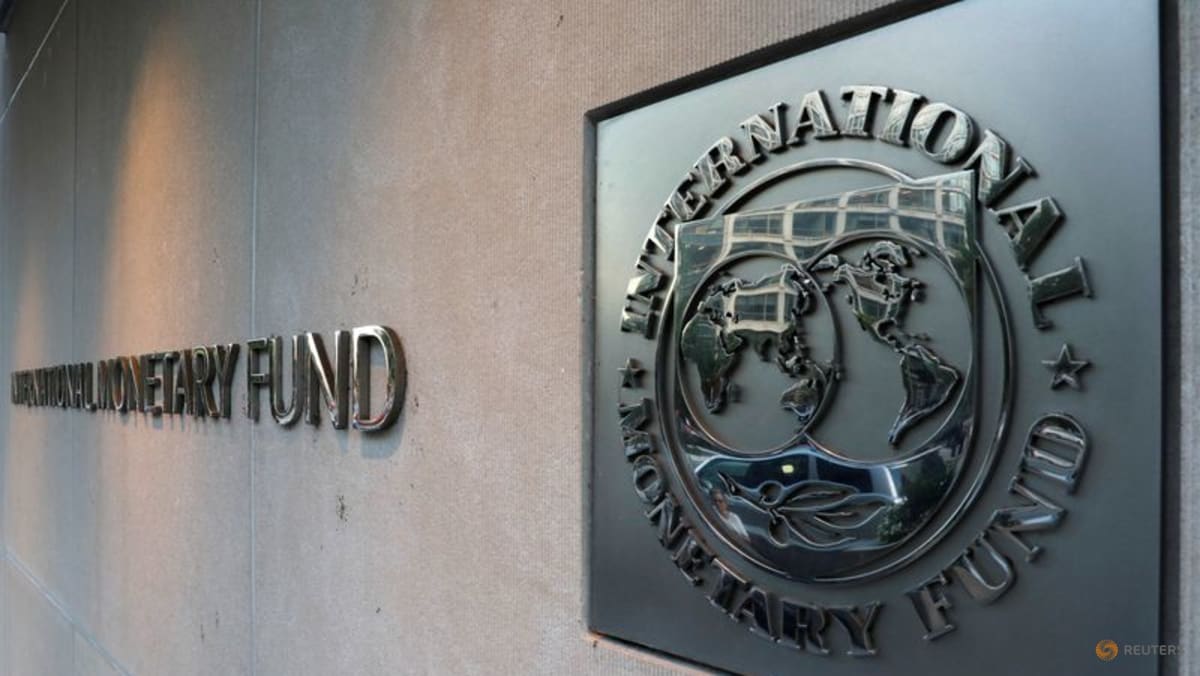DEEPER ISSUES
Previous US-China trade talks in Geneva and London in May and June focused on bringing US and Chinese retaliatory tariffs down from triple-digit levels and restoring the flow of rare earth minerals halted by China and Nvidia’s H20 AI chips and other goods halted by the United States.
So far, the talks have not delved into broader economic issues. They include US complaints that China’s state-led, export-driven model is flooding world markets with cheap goods, and Beijing’s complaints that US national security export controls on tech goods seek to stunt Chinese growth.
“Geneva and London were really just about trying to get the relationship back on track so that they could, at some point, actually negotiate about the issues which animate the disagreement between the countries in the first place,” said Scott Kennedy, a China economics expert at the Center for Strategic and International Studies in Washington.
Bessent has already flagged a deadline extension and has said he wants China to rebalance its economy away from exports to more domestic consumption – a decades-long goal for US policymakers.
Analysts say the US-China negotiations are far more complex than those with other Asian countries and will require more time.
China’s grip on the global market for rare earth minerals and magnets, used in everything from military hardware to car windshield wiper motors, has proved to be an effective leverage point on US industries.
In the background of the talks is speculation about a possible meeting between Trump and Xi in late October.
Trump has said he will decide soon on a landmark trip to China, and a new flare-up of tariffs and export controls would likely derail planning.
